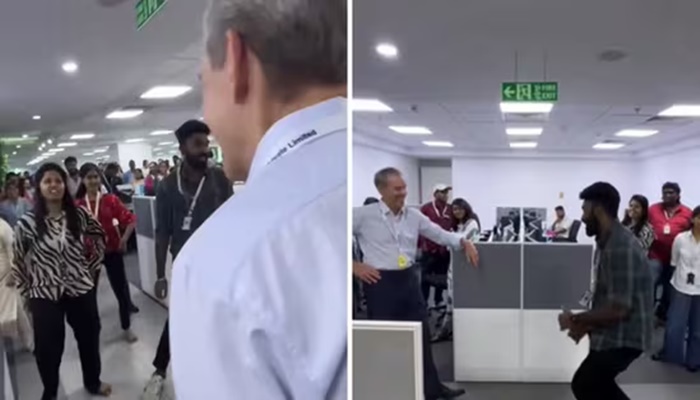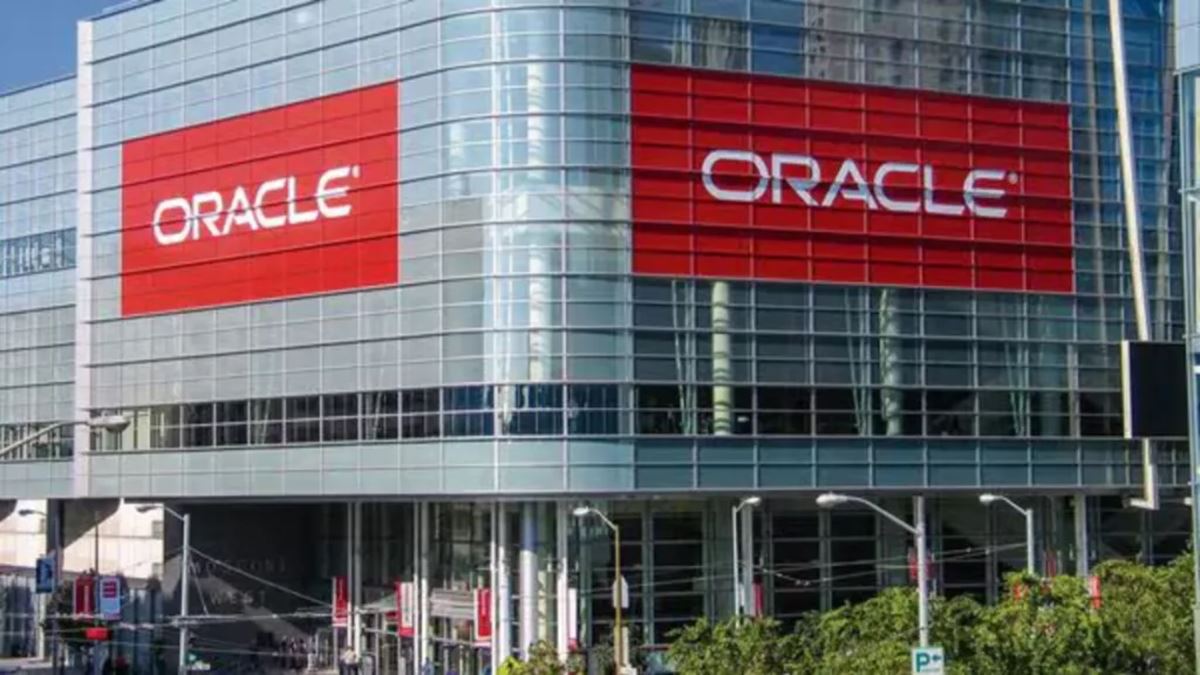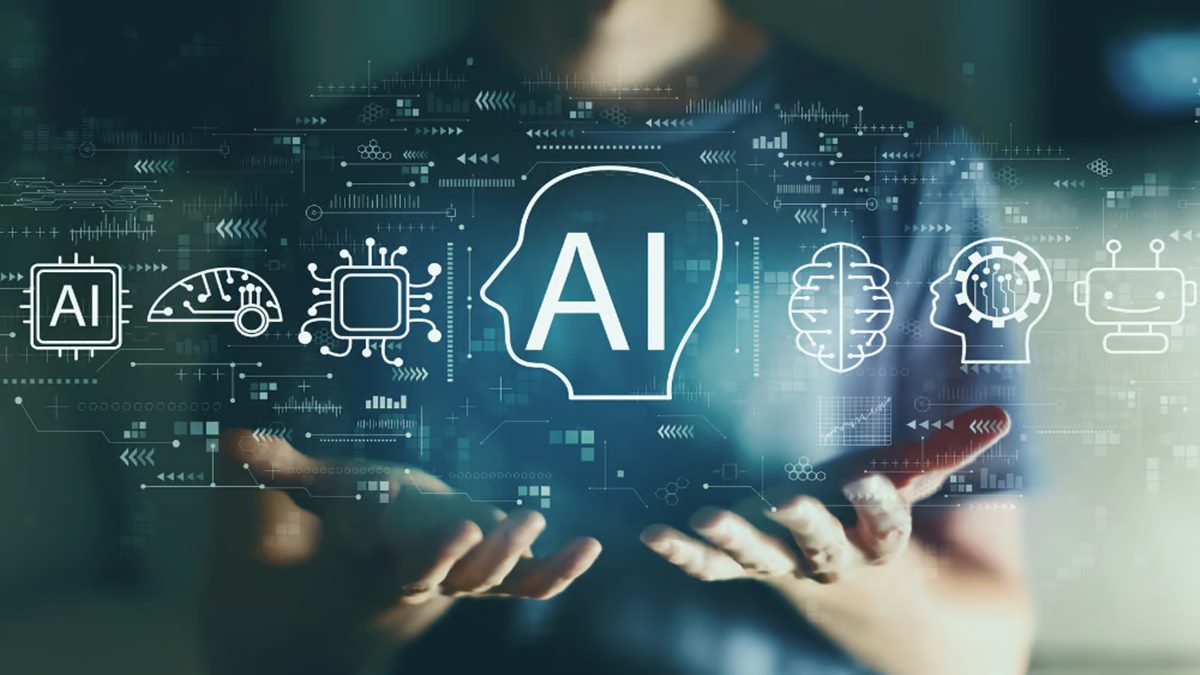Gen Z jobseekers are losing job opportunities to artificial intelligence as the technology takes over entry-level work amid its growing adoption in workplaces.
More than four in 10 business leaders (41%) globally say that AI is enabling headcount reductions in their workforce, according to a global poll from the British Standards Institution (BSI).
It found that 31% are now exploring AI solutions before considering hiring a human, with another 40% expecting this to be the case within five years.
The results gathered from the poll’s more than 850 respondents globally confirmed the impact of AI on employment, especially for younger workers.
According to the findings, 39% of businesses have already cut entry-level roles due to efficiencies made by AI conducting research, admin, and briefing.
A further 43% of them said they are expecting to do this in the next year.
“AI represents an enormous opportunity for businesses globally, but as they chase greater productivity and efficiency, we must not lose sight of the fact that it is ultimately people who power progress,” said Susan Taylor Martin, CEO of BSI, in a statement.
“Our research makes clear that the tension between making the most of AI and enabling a flourishing workforce is the defining challenge of our time. There is an urgent need for long-term thinking and workforce investment, alongside investment in AI tools, to ensure sustainable and productive employment.”
Gen Zs’ concerning behaviour
Meanwhile, a separate poll from Resume Templates among 1,000 US hiring managers revealed 29% have already replaced entry-level employees with AI, while another 31% are considering it.
More than two in three (68%) hiring managers also believe that companies will require fewer entry-level employees over the next five years amid AI disruptions.
It comes as 41% of employers believe that AI is more reliable than Gen Zs, saying the technology is faster, more consistent, and delivers fewer errors.
But the efficiency introduced by AI in workplaces isn’t the only reason why employers are preferring it over younger staff.
Six in 10 hiring managers have hesitations about hiring Gen Z workers amid major concerns.
Their top concern is the poor work ethic of Gen Z employees, according to 81% of hiring managers who are unwilling to hire them. Other concerns include:
- Sense of entitlement (74%)
- Lack of professionalism (68%)
- Unrealistic expectations (62%)
- Weak communication skills (60%)
- Poor culture fit (53%)
- Lack of preparedness (49%)
Julia Toothacre, chief career strategist at Resume Templates, said she is not surprised by these findings.
“Years ago, Millennials were labeled the same way. Critiques about entitlement and professionalism have followed every generation entering the workforce,” she said in a statement.
“It usually comes down to experience, shifting workplace norms, and how schools and parents prepare young professionals for real-world expectations.”
However, she warned against replacing entry-level employees with AI.
“By replacing entry-level roles with AI, companies risk cutting off their own talent pipeline. Over time, this will lead to a shortage of skilled mid- and senior-level professionals who never had the opportunity to build foundational experience early in their careers,” she said.




















